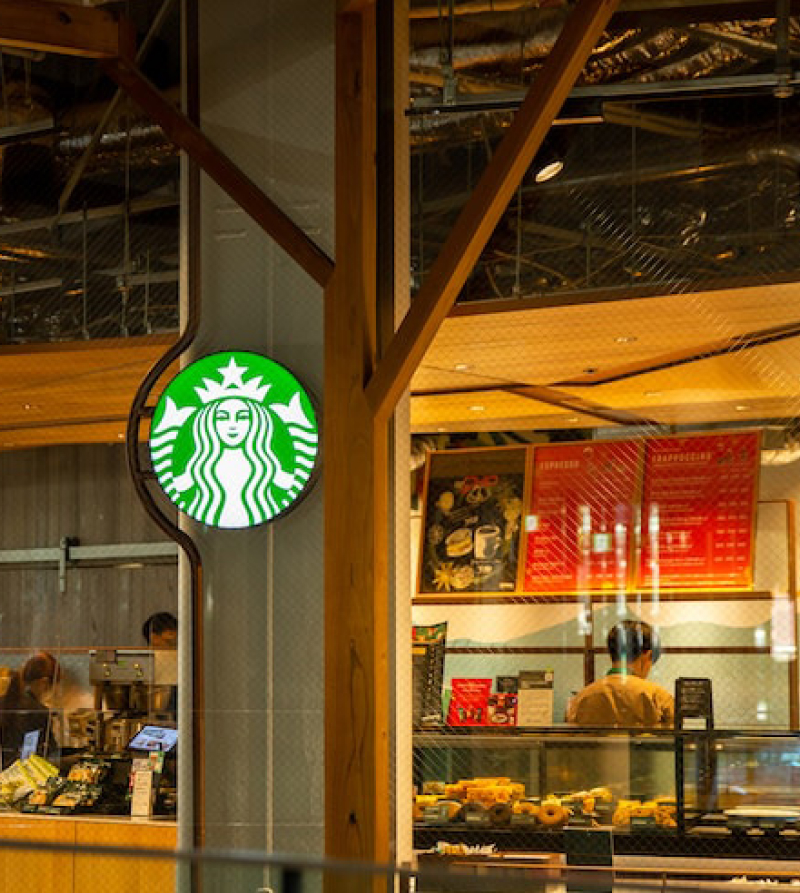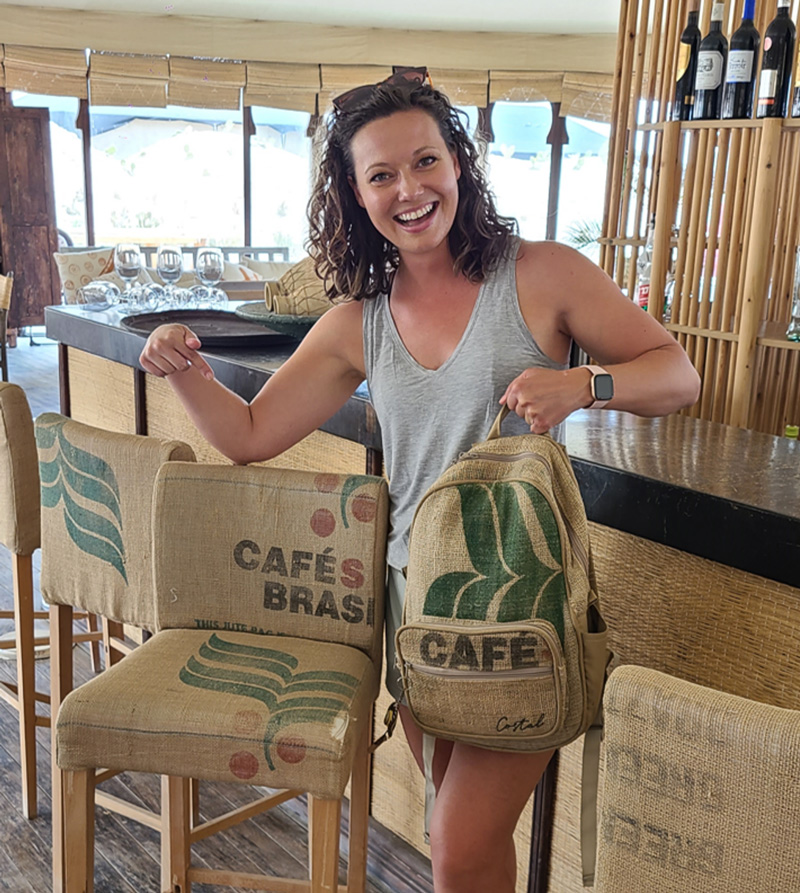Blog

By Whitney Buchmann, MBA
Associate Consultant, Factum Global
What can businesses do? Prioritizing social sustainability means seeking to understand and managing the impacts of organizational strategies, processes, and activities on its stakeholders. Just as businesses can set goals to have a net positive impact on carbon emissions, they can aim to have a net positive social impact. This requires engaging diverse stakeholders and co-creating what success looks like.
1. Rituales de Café 🇨🇴

2. Starbucks coffee 🇨🇷

3. Costal Coffee 🇧🇷

1. Rituales café
2. Starbucks coffee
3. Costal coffee
- Procure locally to create virtuous cycles in the communities where you work.
- Seek to understand the challenges facing your stakeholders and partner to solve them.
- Form strategic partnerships to implement circular economies that sustain long-term growth.
Are you ready to prioritize social sustainability? Today, more than ever, proactive adoption of sustainable business strategies is vital to your long-term global success. That’s why I am pleased to join Factum Global as an Associate Consultant. I bring more than 13 years of social sustainability expertise and a record of facilitating change initiatives within a variety of organizations using “human-centered design.” I would love to speak with you to see how we can ensure that your growth is mutually beneficial to all stakeholders.
Whitney Buchmannis and Associate Consultant with Factum Global and the founder of Illustra Impact, a consulting practice that partners with leaders to make social sustainability a reality:


